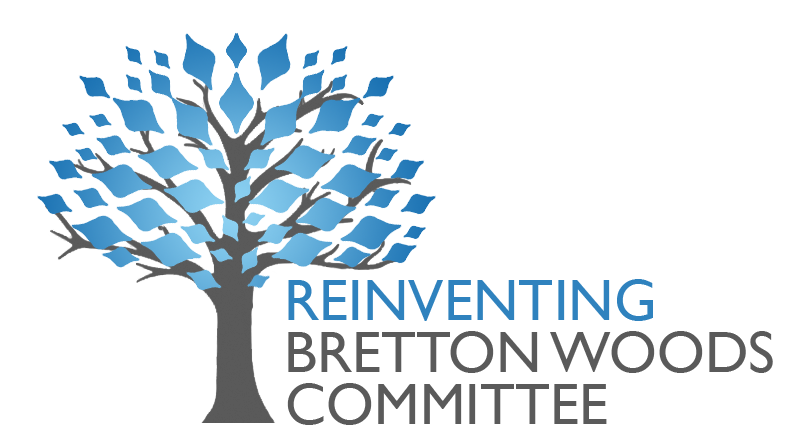The End of the Great Moderation
Prague
May 30, 2022
Partners

Overview
Session1- Since the mid of the last year, we have been observing a surge in inflation rates in advanced countries. What are the causes? Was the surge caused mainly by temporary bottlenecks in global value chains? Was it caused by the resumption of consumer demand after the initial pandemic shock was overcome? What were the contributions of fiscal and monetary policies? Have monetary policymakers in major economies reacted timely and in a sufficient manner?
Session 2- The Russian invasion to Ukraine represents not only a huge tragedy for lives, health and properties of many innocent people, but also it is a major economic shock. Commodity prices soared, factories participating in international value chains are being destroyed, and economic sanctions took place. In this session, we would like to discuss what the economic consequences of this terrible event would likely be. What are the main threats? Are there any opportunities, such as acceleration of the departure from fossil fuel dependency?
Session 3-In this session we focussed on how central banks should react to recent shocks. In the case of stagflationary shocks, such as commodity price surges or even wars, is there a substantial trade-off between price stability and concerns about real economy? Could or should central banks temporarily tolerate higher inflation? What would be consequences for credibility of monetary policy and for anchoring long-term inflation expectations if they do so?
Session 4-Both the pandemic outbreak in 2019 and this year’s Russian invasion represent two “black swans” in a short period. How well has been the current monetary policy framework doing during these turbulent episodes? Do we think that it is time to substantially rethink the policy framework?
Program
|
Welcome Remarks Jiří Rusnok, Governor, The Czech National Bank |
|
Session 1 – The Inflation Restart
Chair: Marek Mora, Deputy Governor, Czech National Bank Alfred Kammer, Director of the European Department, IMF Lutz Kilian, Federal Reserve Bank of Dallas – via webex Luis Oganes, Global Head of Economic Research, JP Morgan London Laurence Boone, Chief Economist, OECD – tbc |
|
Session 2 – The Global Economic Consequences of the War
Chair: Marc Uzan, RBWC Sergiy Nikolaychuk, Deputy Governor, National Bank of Ukraine Harold James, Professor of History, Princeton University Elina Ribakova, Deputy Chief Economist, IIF Massimiliano Castelli, UBS Managing Director, UBS Asset Management Debora Revoltella, Chief Economist, EIB – via webex |
|
Session 3 – Central Bank Reaction Functions
Chair: Mihály Patai, Deputy Governor, Hungarian National Bank Adam Glapinski, Governor, National Bank of Poland Martin Galstyan, Governor, Central Bank of Armenia Galymzhan Pirmatov, Governor, National Bank of Kazakhstan (via webex tbc) Boris Vujcic, Governor, Croatian National Bank
|
|
Session 4 – High-level Policy Panel: The end of the Great Moderation?
Chair: Zdeněk Tůma, Chairman of the Supervisory Board of CSOB, Former Governor of the CNB Jacob Frenkel, Chairman, Frenkel Zuckerman Institute Catherine Mann, Member of MPC, Bank of England – via webex Claudio Borio, BIS, Head of Economic and Monetary Department – tbc Manoj Pradhan, Founder, Talking Heads Macroeconomics
|
